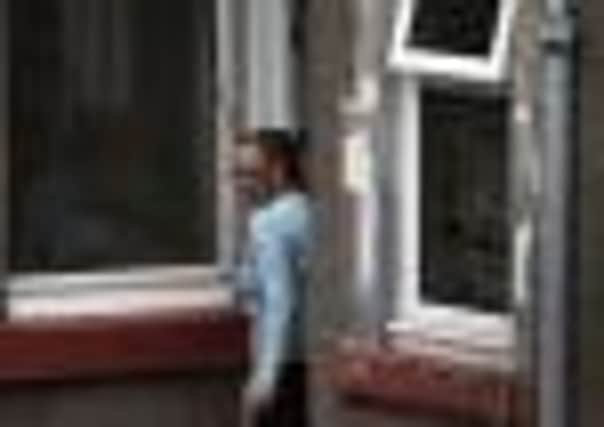Mum ‘forges tragic son’s will in bid to inherit his house’


Maureen Nicol had been living at the cottage, which had been bought as an investment by her son, Steven, at the time he was killed in a motorcycle accident in 2008.
After he died, the 60-year-old produced a will which stated that it was her late son’s wish that she inherit the property in Broxburn instead of his 16-year-old daughter, Sophie.
Advertisement
Hide AdAdvertisement
Hide AdBut a judge has branded the will a forgery following a court case brought by Sophie’s mother and Mr Nicol’s former partner, Sharon McGeever, who believed her daughter was the rightful heir.
Following testimony from a handwriting expert at the Court of Session in Edinburgh, John Beckett QC said it was “more likely than not” that it was Mrs Nicol who had written her son’s signature on the will.
The fake will was littered with spelling errors, including “beqeath” instead of “bequeath” and “receptionise” rather than “receptionist”.
But despite the court ruling, the pensioner is still living at the home in New Holygate, Broxburn. She refused to comment on the case yesterday.
Mr Nicol, a former taxi driver and bodybuilder who ran a personal training and nutrition business in Fountainbridge, was killed in a motorbike crash in March 2008.
The will at the centre of the case was signed “Steven James Nicol” and dated May 1995.
Ms McGeever said Mr Nicol bought the £42,500 house in 1994, when he was considering moving into the property business, but let his mother stay in it. She added that Mr Nicol was not close to his mother.
Ms McGeever told the court that she was not aware of him making a will and was very surprised when she saw a copy.
Advertisement
Hide AdAdvertisement
Hide AdShe had frequently seen him sign his name and was able to identify his signature on a number of documents for the court.
Handwriting expert John McCrae, who spent 17 years with the identification bureau at Strathclyde Police, compared specimen signatures of Mr Nicol with those on the will and concluded that he was “99.9 per cent sure” that they were not written by the deceased.
Mr McCrae had also decided that it was “highly probable” that the signatures on the will and specimen signatures belonging to his mother were of common authorship.
Retired Mrs Nicol, who represented herself, declined to cross-examine Mr McCrae. She maintained that the house had been bought by her son for her and it was understood that she would pay the mortgage.
She told the court that the will reflected her son’s genuine intention to leave the house to her and the document had been drawn up by a firm of Edinburgh solicitors.
The contested will was signed in the name of her son in front of two witnesses, one of whom had since died, and another witness, Mary Thomson, who told lawyers she would rather go to prison than come to court to testify.
The judge said he was persuaded that the will was a forgery and should be set aside.